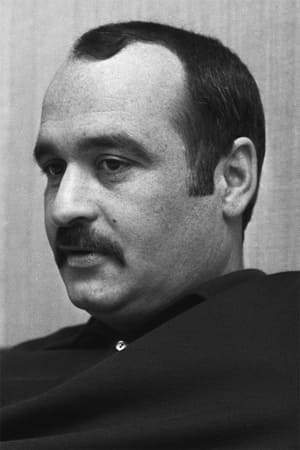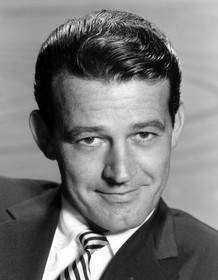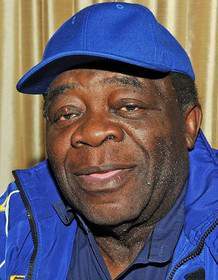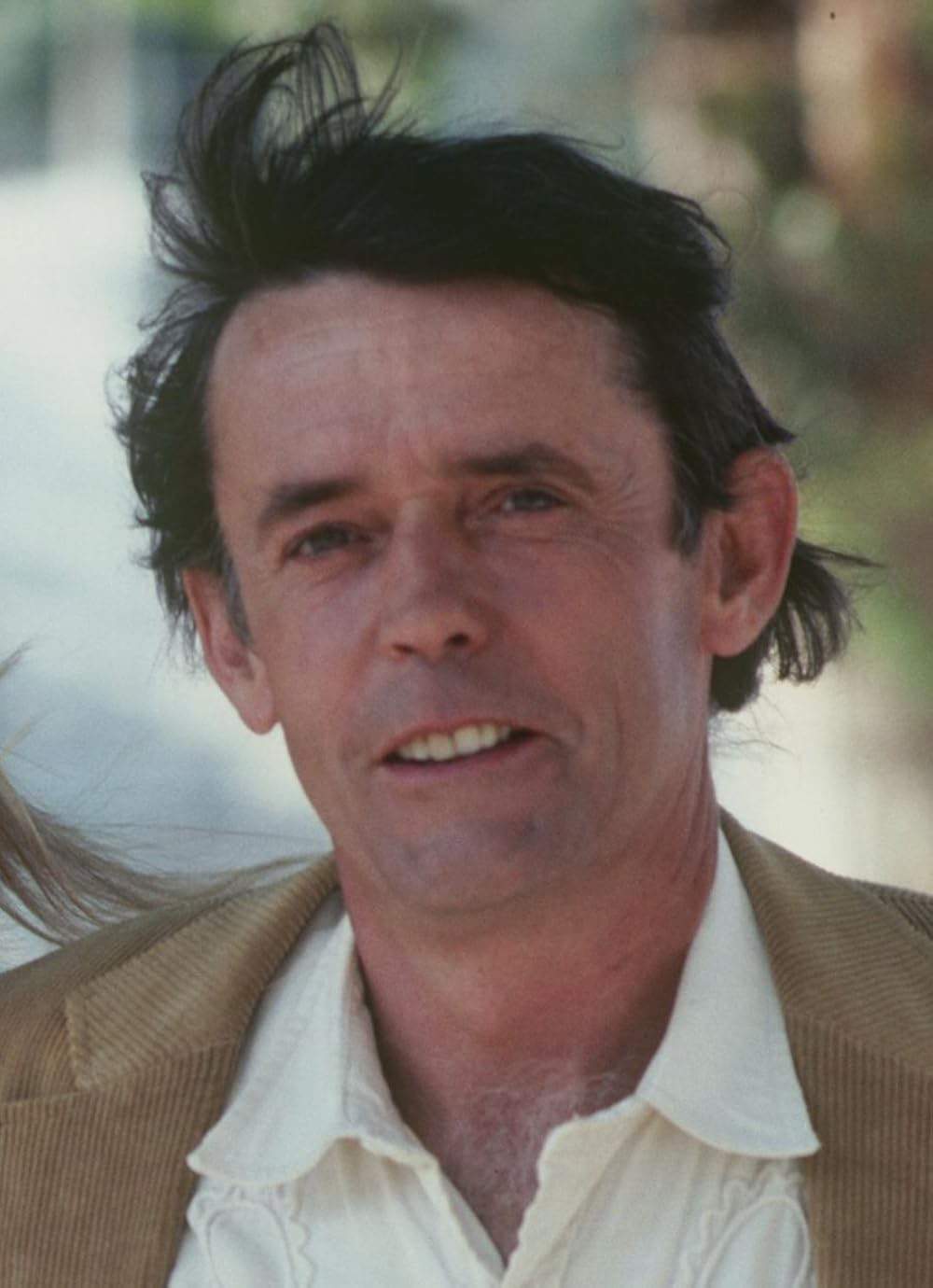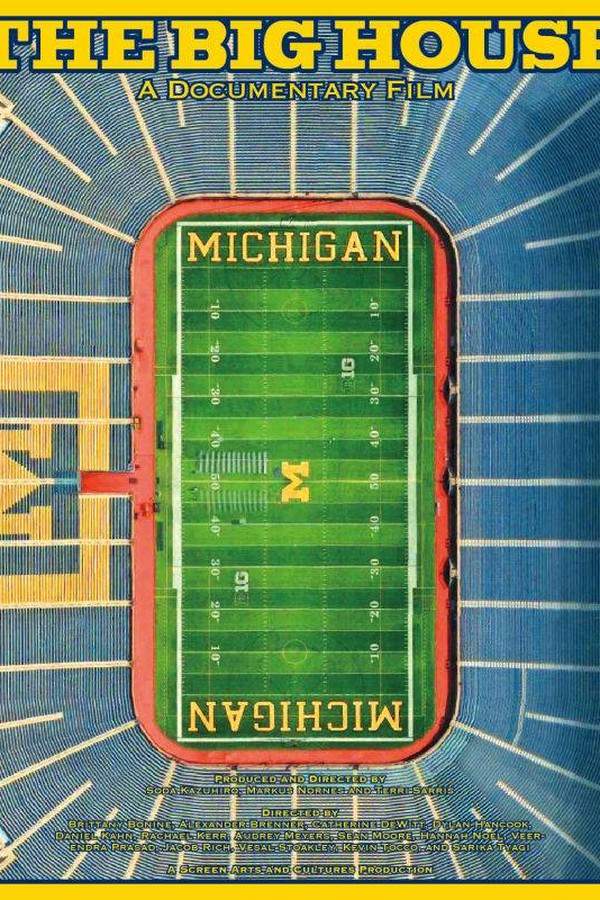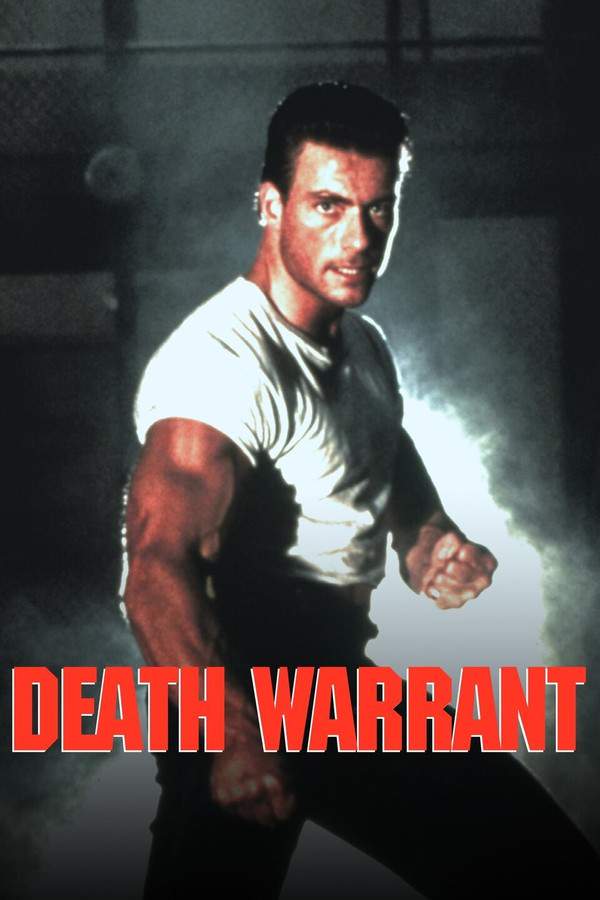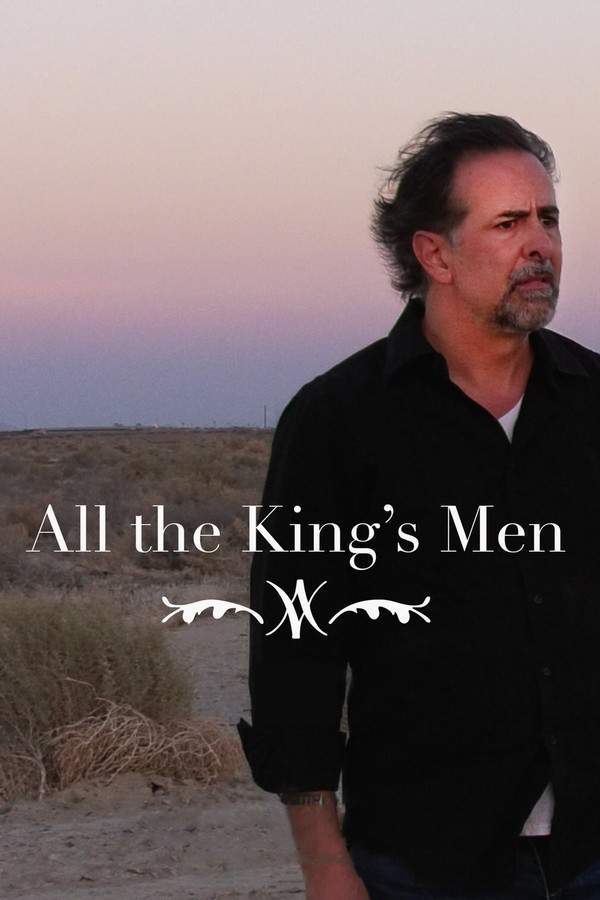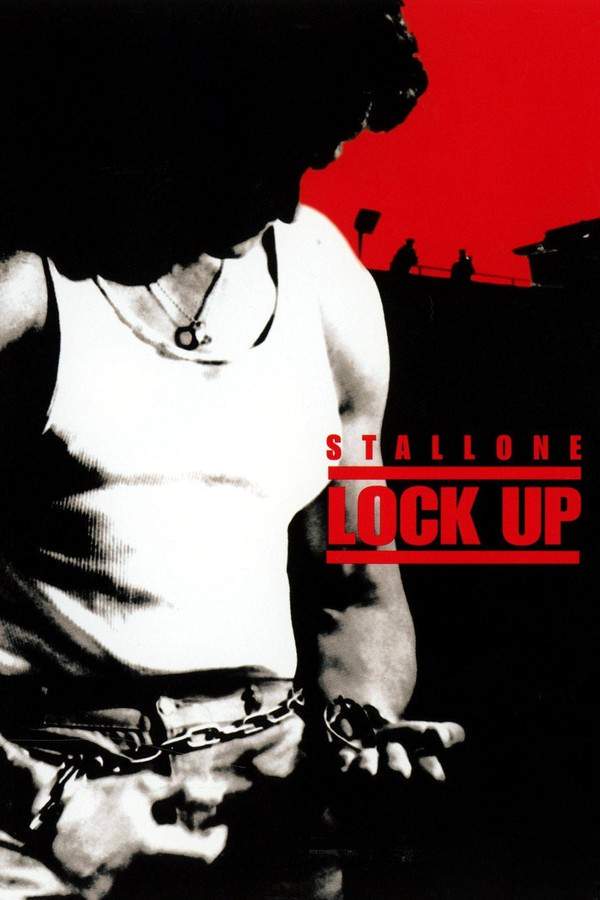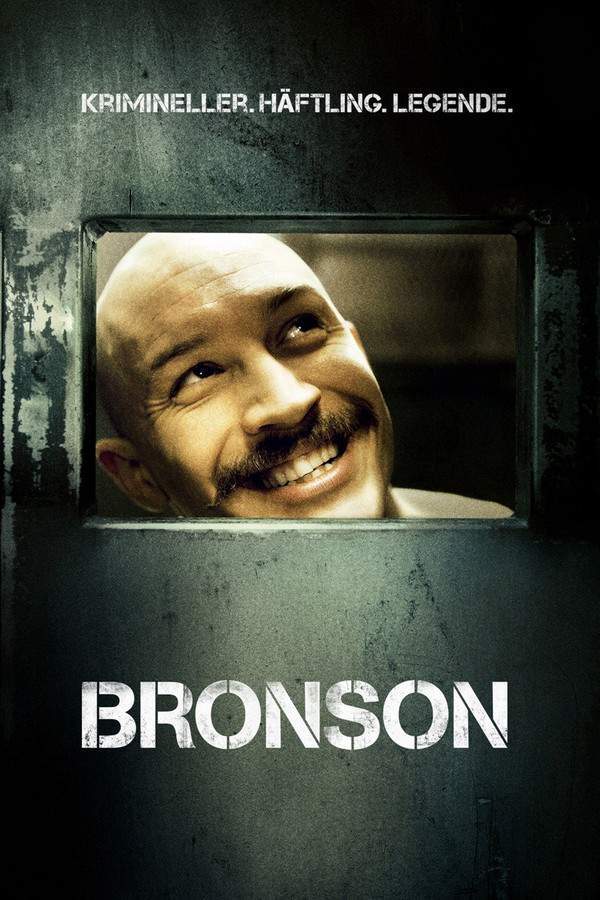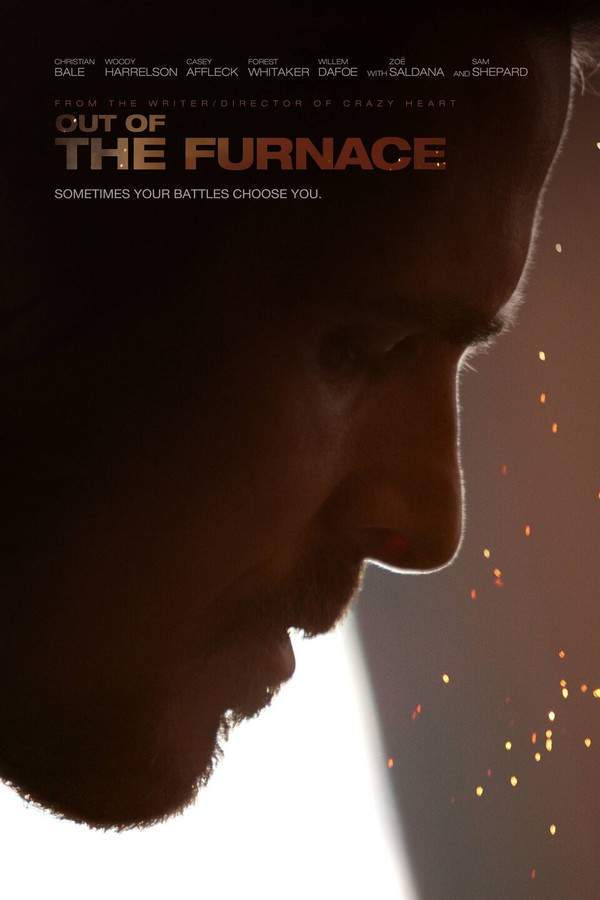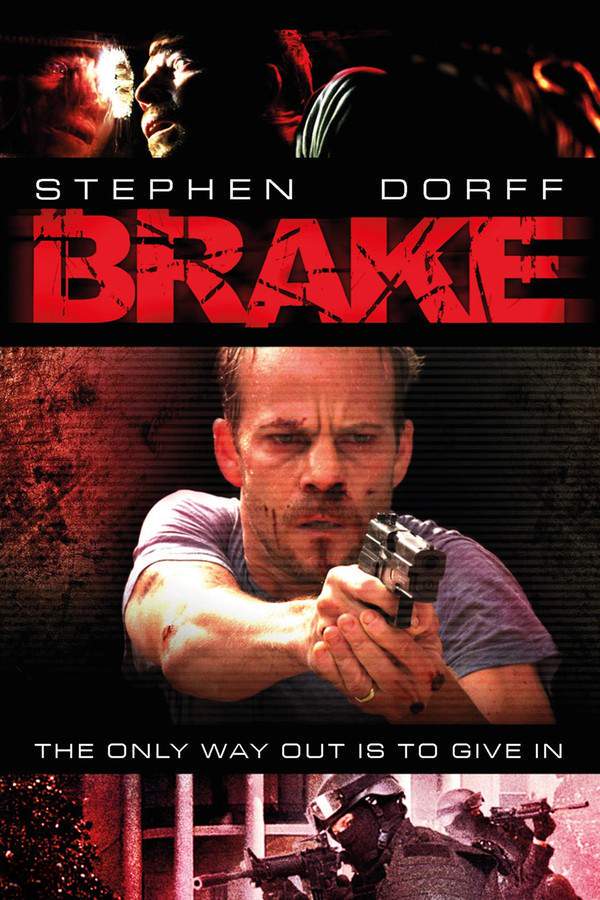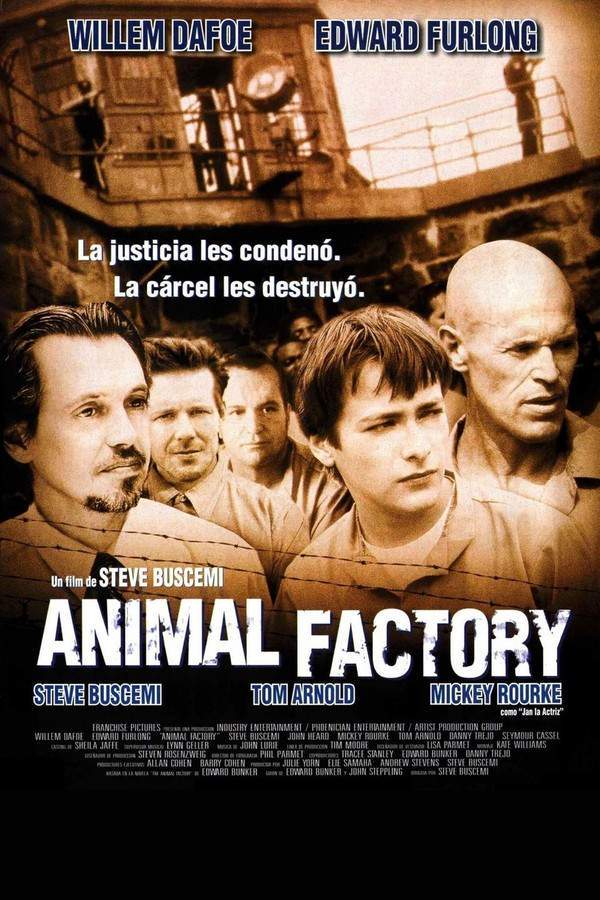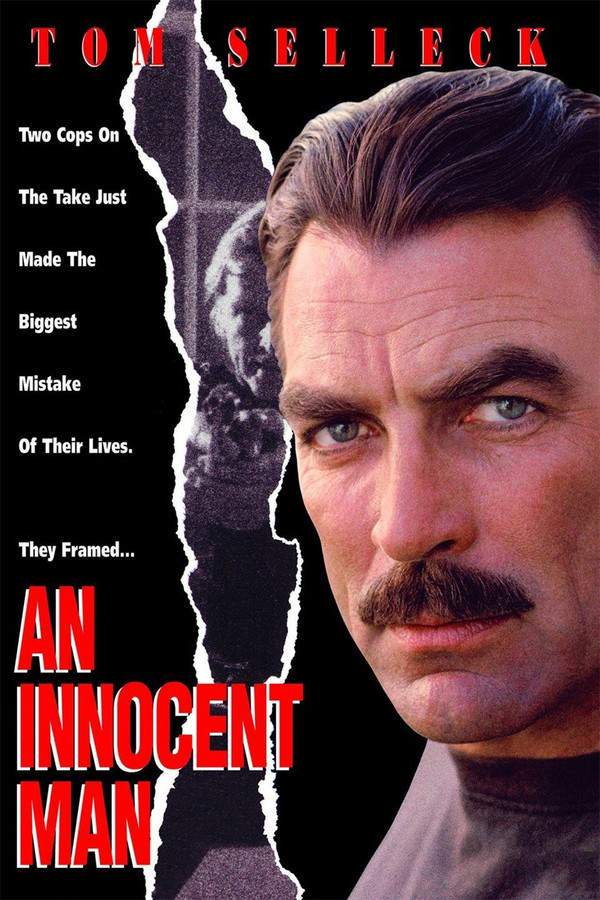Brubaker 1980
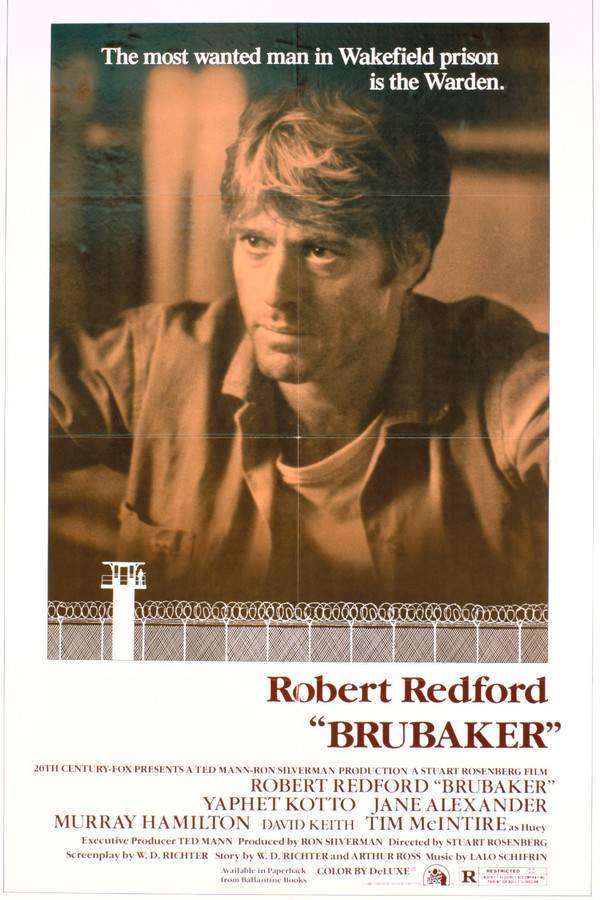
Undercover, a state investigator named Henry Brubaker assumes the identity of a prisoner to expose corruption within an Arkansas penitentiary. Robert Redford portrays Brubaker as he navigates the harsh realities of prison life and uncovers a system rife with brutality and abuse. With the help of loyal allies like Dickie Coombes and Lillian Gray, he strives to implement much-needed reforms, confronting powerful adversaries who benefit from the existing conditions.
Does Brubaker have end credit scenes?
No!
Brubaker does not have end credit scenes. You can leave when the credits roll.
Meet the Full Cast and Actors of Brubaker
Explore the complete cast of Brubaker, including both lead and supporting actors. Learn who plays each character, discover their past roles and achievements, and find out what makes this ensemble cast stand out in the world of film and television.
External Links and Streaming Options
Discover where to watch Brubaker online, including streaming platforms, rental options, and official sources. Compare reviews, ratings, and in-depth movie information across sites like IMDb, TMDb, Wikipedia or Rotten Tomatoes.
Ratings and Reviews for Brubaker
See how Brubaker is rated across major platforms like IMDb, Metacritic, and TMDb. Compare audience scores and critic reviews to understand where Brubaker stands among top-rated movies in its genre.

54
Metascore
7.1
User Score


74%
TOMATOMETER

74%
User Score

7.1 /10
IMDb Rating

71
%
User Score
Take the Ultimate Brubaker Movie Quiz
Challenge your knowledge of Brubaker with this fun and interactive movie quiz. Test yourself on key plot points, iconic characters, hidden details, and memorable moments to see how well you really know the film.
Brubaker Quiz: Test your knowledge on the film 'Brubaker' and its themes of corruption and reform in the prison system.
What alias does Warden Brubaker use when he first arrives at Wakefield Prison?
Awards & Nominations for Brubaker
Discover all the awards and nominations received by Brubaker, from Oscars to film festival honors. Learn how Brubaker and its cast and crew have been recognized by critics and the industry alike.
Full Plot Summary and Ending Explained for Brubaker
Read the complete plot summary of Brubaker, including all major events, twists, and the full ending explained in detail. Explore key characters, themes, hidden meanings, and everything you need to understand the story from beginning to end.
Newly appointed Arkansas State Wakefield Prison warden Henry Brubaker arrives at the penitentiary disguised as a prisoner, joining a bus full of new inmates. He quickly finds himself navigating the grim realities of prison life: insufficient beds, appalling food quality, malfunctioning showers, rampant sexual violence in the barracks, and cruel punishment methods. The scene becomes particularly riveting when Brubaker discovers a maggot in his meal. Later, he learns of inmate Larry Lee Bullen being taken away under the guise of a phone call only to be brutally beaten.
On sanitation detail, Brubaker and the injured Bullen wrestle with the putrid conditions outside Death Row, where things escalate when inmate Walter takes Bullen hostage, demanding to speak to the warden. After calming Walter down, Brubaker reveals his true identity, surprising Walter, who reluctantly lists his demands for better living conditions, including yellow-painted walls and a television like those reserved for the corrupt convict guards. Once their meeting ends, Brubaker ensures Walter is locked back in his cell, setting the tone for his leadership.
Trusty Dickie Coombes later guides Brubaker to the office of Warden Renfro, played by Lee Richardson, where Brubaker announces Renfro’s termination from his position. Following this, he faces the prison crowd, introducing his new rules amid the scrutinizing gaze of governors’ assistant Lillian Gray and Prison Board Chairman John Deach. While Deach insists on staying informed, Lillian cautions Brubaker to tread carefully.
As Brubaker transforms the prison’s environment, he compels Death Row prisoners to enjoy sunlight for brief moments, yet soon learns about unfortunate events, such as the roof collapse in the barracks during a rainstorm. His determination leads him to save injured inmates despite facing challenges in getting ambulances to respond. In the infirmary, he discovers that the medical staff exploits inmates by charging for services. Taking swift action, he replaces the doctor who had long taken advantage of the system.
Brubaker investigates the kitchens, realizing there’s blatant mismanagement as food meant for inmates is being misappropriated. When C. P. ‘Woody’ Woodward visits, he requests the rebuilding of the barracks’s roof for free, but Brubaker stands firm, stopping the practice of free labor that benefits the local contractors. Woody’s warning that there will be consequences for Brubaker’s resistance becomes apparent as he struggles with deeper issues involving corrupt prison labor and stolen food supplies.
When Brubaker uncovers a hidden cabin occupied by trusty Huey Rauch and his girlfriend, who were hoarding stolen supplies, he takes decisive actions against the bureaucratic negligence surrounding such theft. Building an inmate council comprising trusted inmates, Brubaker aims to regain order and transparency. However, his reforms fizzle as trouble brews among the trusties, leading to violence against inmates like Abraham who dares to speak up about the buried secrets of the past.
His quest for justice pushes against the system, which comes to a head during a Prison Board meeting where it’s evident that profit and corruption are prioritized over inmates’ well-being. Brubaker becomes increasingly frustrated with Lillian and the board’s reluctance to confront the ugly truths of the prison system, and the situation escalates further when he discovers Abraham’s lifeless body. In a desperate move to uncover hidden truths, he orders the innocent inmates to search for buried bodies, risking their safety in the process.
Brubaker’s resolve intensifies when he realizes the deep-rooted corruption reaches into the highest levels of authority. Every attempt to reform the prison leads him into conflict not just with inmates, but with the very structures meant to uphold justice. As he faces off against powerful figures like Senator Hite, Brubaker insists that accountability must come first.
Confronted with the fallout of his decisions, Brubaker learns a startling truth about current inmates and their connections to the past. The violence peaks when Rauch murders Bullen, leading to a tense showdown. By the end, as Brubaker faces repercussions for his brave stance against the system, the respect he garners from the inmates shines through; their applause marks a poignant farewell to a warden who dared to challenge the status quo, as Dickie leads the charge in honoring Brubaker’s efforts.
Cars Featured in Brubaker
Explore all cars featured in Brubaker, including their makes, models, scenes they appear in, and their significance to the plot. A must-read for car enthusiasts and movie buffs alike.
Movie Themes and Keywords
Discover the central themes, ideas, and keywords that define the movie’s story, tone, and message. Analyze the film’s deeper meanings, genre influences, and recurring concepts.
Similar Movies You Should Know About
Browse a curated list of movies similar in genre, tone, characters, or story structure. Discover new titles like the one you're watching, perfect for fans of related plots, vibes, or cinematic styles.
Quick Links: Summary, Cast, Ratings, More

What's After the Movie?
Not sure whether to stay after the credits? Find out!
Explore Our Movie Platform
New Movie Releases (2025)
Famous Movie Actors
Top Film Production Studios
Movie Plot Summaries & Endings
Major Movie Awards & Winners
Best Concert Films & Music Documentaries
© 2025 What's After the Movie. All rights reserved.



